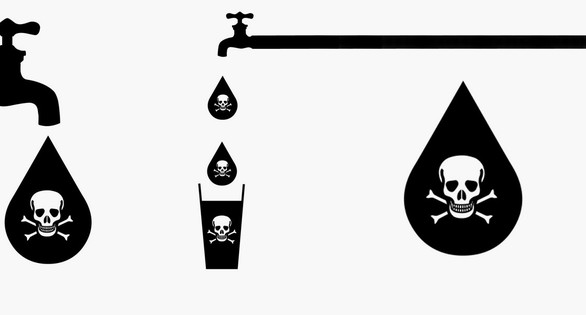
IEA’s “golden rules for the golden age of gas”
 The respected chief economist of the IEA, Fatih Birol, has warned that the world will become increasingly reliant on shale gas and oil from Iraq in the coming decades.
The respected chief economist of the IEA, Fatih Birol, has warned that the world will become increasingly reliant on shale gas and oil from Iraq in the coming decades.
In part to help stave off the growing public backlash against shale gas, the IEA is preparing, along with a number of governments, a set of “best practices” for shale gas production which will be presented by the IEA at the end of May.
“Governments need to ensure that all companies adhere to the best standards, or they will risk a public backlash against unconventional production”, Fatih Birol told the European Energy Review in an interview.
Last year the Agency produced a special report, titled: “Are we entering a golden age of gas?” And although Birol argues that unconventional gas has potential, its environmental impact must be addressed. To assist in this, Birol argues that the IEA has just started a new initiative that aims to define “golden rules for the golden age of gas”.
The report will be what Birol calls “the Magna Carta of unconventional gas production”, which will depict rules that should ensure that the global economic potential of shale gas will be “realized without harming the environment.”
“Governments need to ensure that all companies adhere to the best standards, or risk a public backlash against unconventional production”, he argues. If these rules are adhered to then the “golden age of gas” can happen, he believes.
However, there are several problems with this approach:
Whilst any strict environmental rules which prevent widespread water contamination must be welcomed, no one knows what the long term impact of injecting aquifers with a combination of chemicals is likely to be, even if short term water supplies are somehow preserved.
More importantly, as I blogged last month, due to methane leakage, shale gas may not be much better than coal when it comes to climate change.
The longer we invest in the “golden age of gas” it prolongs the sunset of our fossil fuel addiction, preventing a full scale switch to a clean energy future. And as Michael Klare recently pointed out the longer we continue our fossil fuel addiction “we will become more vulnerable over the long run”. So the golden age of gas will make America more vulnerable to price hikes and shocks in the global economy.
And finally the hype may not be all its cracked up to be.Take Poland, recently hyped that it would become the new Saudi Arabia of shale gas. Well yesterday, the Financial Times reported that hopes that Poland could turn into an energy exporting giant are looking fragile. The country may be sitting on Europe’s biggest shale gas deposits but it is becoming increasingly clear that early estimates of their size were much too large. Instead of whopping reserves of some 5.3 trillion cubic metres of shale gas, local media is reporting that Poland’s reserves are closer to just 1 trillion cubic metres.
Earlier this week Chevron also warned that shale gas projects in Europe and China are not guaranteed to succeed and may not come into first production until the next decade.
So the IEA may have golden rules, but the golden era of gas may not be that golden after all.
